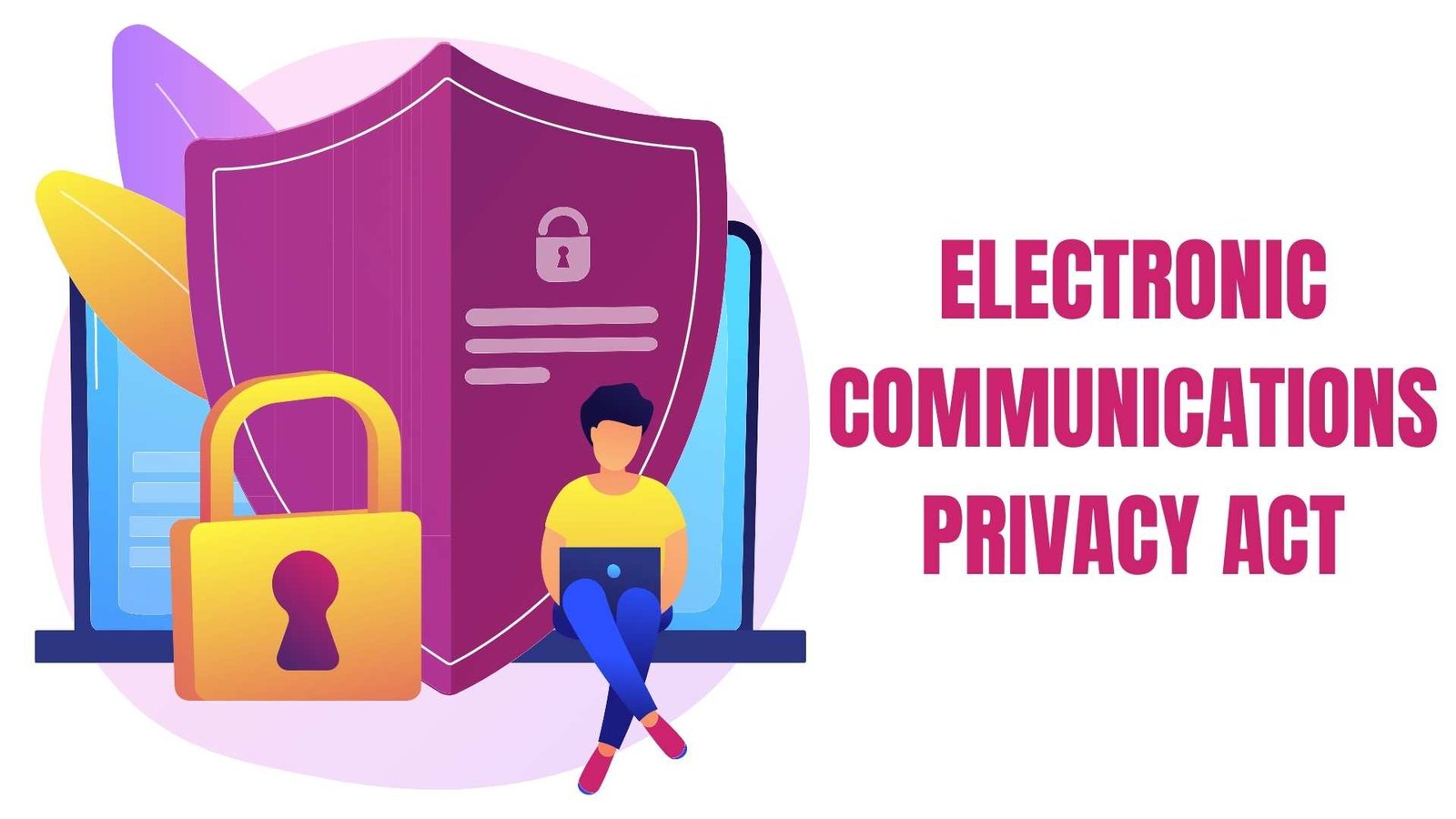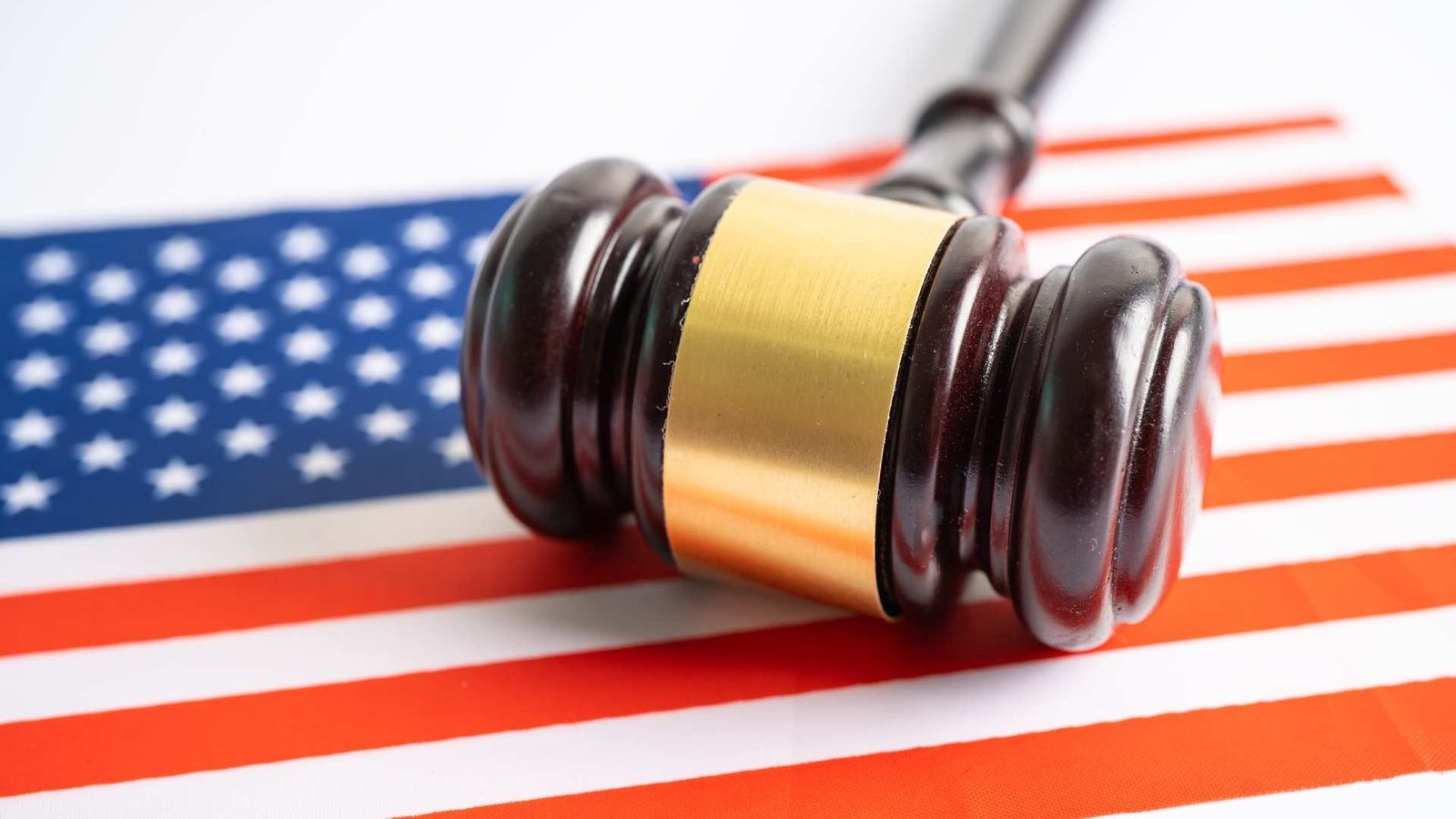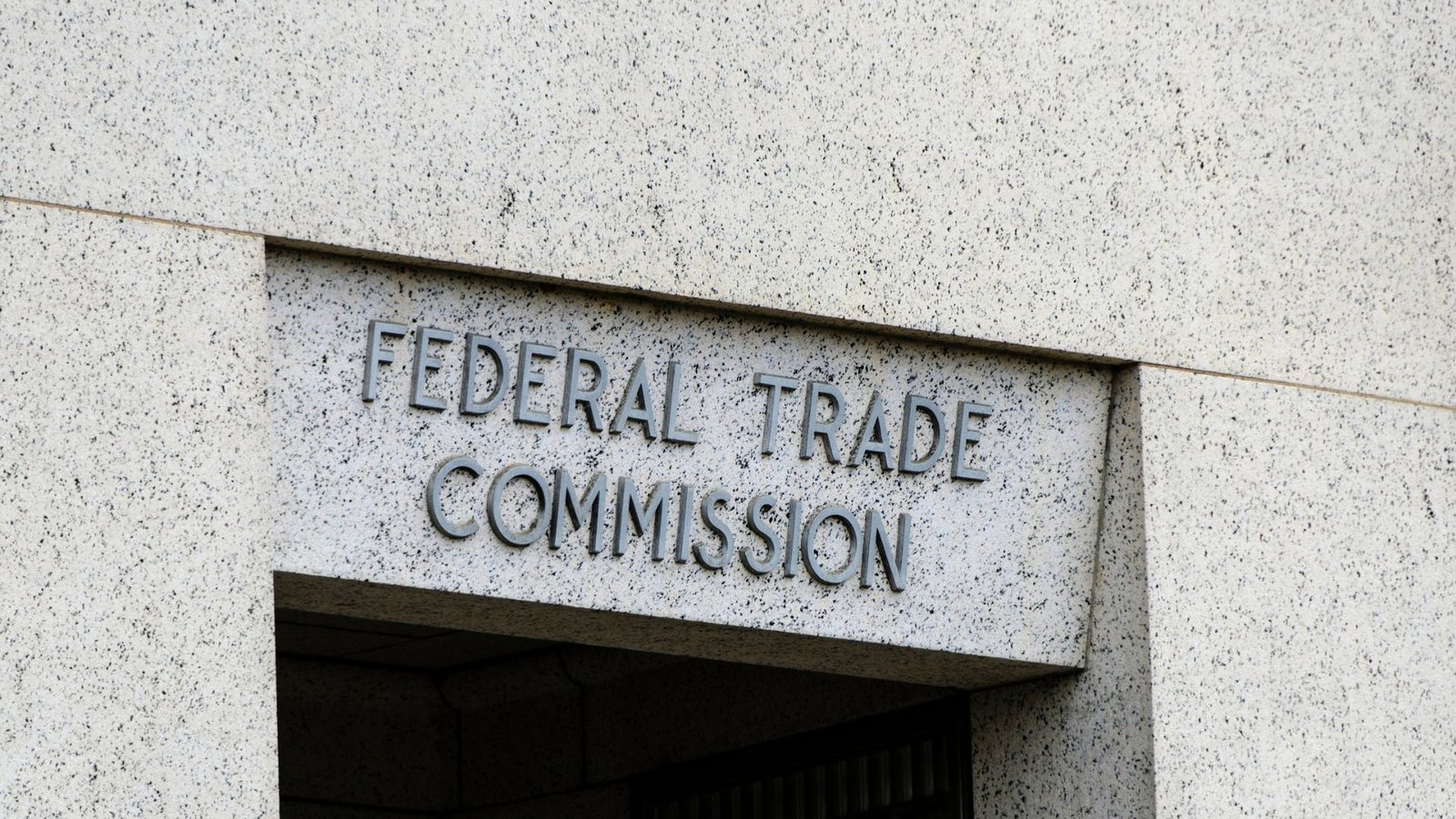On this page you will read detailed information about Electronic Communications Privacy Act.
As you navigate the digital landscape, you may wonder about the legal protections surrounding your electronic communications. The Electronic Communications Privacy Act (ECPA) plays a crucial role in safeguarding your privacy in the digital age. Enacted in 1986, this federal law sets forth guidelines for the interception and disclosure of electronic communications. Understanding the ECPA is essential for both individuals and businesses operating in today’s interconnected world. In this article, you will explore the key provisions of the ECPA, its implications for your digital privacy, and how it applies to various forms of electronic communication. Prepare to delve into the complexities of this important legislation and its impact on your online activities.
What is the Electronic Communications Privacy Act?
One important piece of law that safeguards the privacy of electronic communications in the US is the Electronic Communications Privacy Act (ECPA). Passed in 1986, this act was designed to extend and revise federal wiretapping and electronic eavesdropping laws, addressing the growing concerns about privacy in the digital age.
Key Components of the ECPA
The three primary titles of the Electronic Communications Privacy Act are as follows:
- The Wiretap Act: This section prohibits the intentional interception, use, or disclosure of wire, oral, or electronic communications. It sets strict guidelines for law enforcement agencies and service providers regarding the interception of communications in transit.
- The Stored Communications Act: This part protects the privacy of the contents of files stored by service providers and records held about subscribers. It establishes legal procedures for accessing stored electronic communications.
- Pen Register and Trap and Trace Devices Act: The use of devices that record signaling, addressing, routing, and dialing data—but not the substance of communications—is governed by this section.
Scope and Protections
The Electronic Communications Privacy Act covers a wide range of electronic communications, including email, telephone conversations, and data stored electronically. It provides varying degrees of legal protection for different types of electronic information, with some requiring a subpoena, others a court order, and still others a search warrant.
According to the Act, unauthorized access to electronic communications is a criminal offense. The ECPA also allows for civil lawsuits against those who willfully or intentionally violate its provisions, providing an additional layer of protection for individuals’ privacy rights.
The Electronic Communications Privacy Act’s main provisions
One important piece of law that attempts to safeguard the privacy of electronic communications is the Electronic Communications Privacy Act (ECPA) of 1986. This act updated existing wiretapping laws to address the emerging digital landscape, establishing crucial guidelines for both government agencies and private entities. Let’s examine some of its main clauses:
Interception of Communications
The ECPA prohibits the intentional interception, use, or disclosure of wire, oral, and electronic communications without proper authorization. This provision, known as the Wiretap Act, applies to communications in transit and requires law enforcement to obtain a warrant before intercepting such communications, with some exceptions for emergency situations or consent from at least one party involved.
Protection of Stored Communications
The privacy of electronically stored files and subscriber records that service providers have is protected under the Stored Communications Act, which is Title II of the ECPA. Depending on the kind of information sought, this section of the act creates varying degrees of protection; certain data just require a subpoena, while more sensitive information calls for a court order or even a search warrant.
Regulation of Surveillance Devices
The ECPA also addresses the use of pen registers and trap and trace devices, which capture dialing, routing, addressing, and signaling information. Title III of the act mandates that law enforcement agencies obtain a court order before installing and using such devices, ensuring a balance between investigative needs and privacy rights.
Amendments and Updates
Since its inception, the Electronic Communications Privacy Act has undergone several amendments to keep pace with technological advancements. Notable updates include those made by the USA PATRIOT Act, which expanded government surveillance powers while maintaining core privacy protections. These amendments reflect the ongoing challenge of balancing national security concerns with individual privacy rights in the digital age.
How the Electronic Communications Privacy Act Protects Your Data
The Electronic Communications Privacy Act (ECPA) serves as a crucial safeguard for your digital privacy in an increasingly connected world. This comprehensive legislation establishes stringent guidelines for accessing and using electronic communications, ensuring that your personal data remains protected from unauthorized intrusion.
Safeguarding Communications in Transit and Storage
The three primary parts of the ECPA cooperate to safeguard your electronic data:
- The Wiretap Act: This section prohibits the intentional interception, use, or disclosure of electronic communications without proper authorization. It ensures that your emails, text messages, and other digital correspondences remain private while in transit.
- The Stored Communications Act: This part of the Electronic Communications Privacy Act governs the access and disclosure of electronic communications stored by third-party service providers. It protects the contents of your files and subscriber records, adding an extra layer of security to your stored data.
- The Pen Register Act: This part controls how devices that record signaling, addressing, routing, and calling data are used. It requires law enforcement to obtain a court order before accessing this type of data.
Balancing Privacy and Law Enforcement
The Electronic Communications Privacy Act strikes a delicate balance between individual privacy rights and the needs of law enforcement. It requires government agencies to meet specific legal standards before accessing the content of electronic communications. For instance, more sensitive content like emails typically requires a search warrant, while other types of information may be obtained with a subpoena or court order.
Evolving with Technology
As communication technologies continue to advance, the ECPA has undergone several amendments to keep pace. Updates such as the Communications Assistance for Law Enforcement Act (CALEA) in 1994 and the USA PATRIOT Act in 2001 have expanded its scope to address emerging privacy concerns and national security issues.
By understanding the protections afforded by the Electronic Communications Privacy Act, you can better appreciate the safeguards in place for your digital communications and make informed decisions about your online privacy.
Exceptions and Limitations of the Electronic Communications Privacy Act
The Electronic Communications Privacy Act (ECPA) provides crucial protections for digital communications, but it’s important to understand its exceptions and limitations. These caveats can significantly impact how the law is applied and interpreted in various situations.
Law Enforcement Exceptions
While the ECPA generally prohibits the interception of electronic communications, it does allow for certain exceptions, particularly for law enforcement purposes. According to the Electronic Privacy Information Center, the Act permits law enforcement agencies to intercept communications under specific circumstances, such as with a court order or in emergency situations. This balance aims to protect privacy while still enabling legitimate investigative activities.
Consent-Based Exceptions
Another key exception to the Electronic Communications Privacy Act involves consent. The Act allows for the interception of communications if at least one party consents. This provision can have significant implications for workplace monitoring and personal relationships, as it may permit recording or monitoring of conversations with the agreement of just one participant.
Access to Stored Communications
Access to saved electronic communications is covered by the saved Communications Act, which is a part of the ECPA. It generally prohibits unauthorized access, but there are exceptions for law enforcement and user consent. This aspect of the Act has been particularly contentious in the age of cloud computing and extensive data storage.
Technological Limitations
One significant limitation of the Electronic Communications Privacy Act is its struggle to keep pace with rapid technological advancements. Enacted in 1986, the Act predates many modern communication technologies, leading to challenges in its application to current digital landscapes. This has resulted in calls for reform to address new technologies like cloud computing and location data more effectively.
In the previous post, we had shared information about Exploring the Securities Exchange Act of 1934, so read that post also.
The Development of the Electronic Communications Privacy Act and Its History
Origins and Purpose
The Electronic Communications Privacy Act (ECPA) was enacted in 1986 as a response to the rapid growth of new telecommunications technologies. It expanded the government’s ban on phone call wiretaps to cover computer transmissions of electronic data. The ECPA aimed to protect the privacy of individuals using emerging forms of electronic communication, such as email and cellular phones, which were not covered by previous privacy laws.
Key Components
The Electronic Communications Privacy Act comprises three main parts:
- The Wiretap Act
- The Stored Communications Act (SCA)
- The Pen Register Statute
These components regulate real-time interception of communications, access to stored electronic data, and collection of non-content information, respectively. The ECPA established guidelines for when the government can access electronic communications, generally requiring a court order for such access.
Challenges and Reforms
As technology has advanced rapidly since 1986, the Electronic Communications Privacy Act has struggled to keep pace. The rise of cloud computing, social media, and other digital innovations has blurred the distinctions between communications in transit and storage, challenging the act’s original framework. This has led to ongoing debates about the balance between individual privacy and law enforcement needs in the digital age.
Proposed reforms to the ECPA seek to update privacy protections for email, location data, and cloud-stored information, while still preserving mechanisms for lawful evidence gathering. These efforts aim to address the evolving nature of electronic communications and ensure that privacy laws remain relevant in our increasingly digital world.
E-communications Privacy Act Adherence and Implementation
Understanding Legal Requirements
The Electronic Communications Privacy Act (ECPA) sets forth stringent guidelines for both government agencies and private entities regarding the interception and access of electronic communications. According to the Bureau of Justice Assistance, the ECPA is divided into three main titles, each addressing different aspects of electronic privacy. Adherence to these clauses is essential in order to prevent legal consequences and safeguard the privacy rights of individuals.
Penalties for Violations
Violating the Electronic Communications Privacy Act can result in severe consequences. EPIC reports that criminal penalties for ECPA violations can include up to 5 years in prison and fines of up to $250,000. Additionally, victims of ECPA violations have the right to bring civil suits, potentially recovering actual damages, punitive damages, and attorney’s fees. These severe fines highlight how crucial it is to strictly follow the Act’s guidelines.
Challenges in Modern Application
As technology evolves, enforcing the Electronic Communications Privacy Act has become increasingly complex. The ECPA’s distinctions between communications in transit and those in storage have proven difficult for courts to apply, especially when it comes to email messages. This challenge highlights the need for ongoing interpretation and potential updates to the Act to ensure its relevance in the face of rapidly advancing communication technologies.
Proposed Reforms and Future Outlook
Recognizing the need to keep pace with technological advancements, there have been calls for ECPA reform. Proposed changes aim to update the law for modern technology, including extending warrant requirements, improving notice to users, and enhancing protection for location data. These potential reforms reflect the ongoing effort to balance privacy expectations with law enforcement needs in the digital age.
Business Repercussions of the Electronic Communications Privacy Act
Understanding ECPA’s Core Components
One important piece of regulation that has a direct influence on how companies handle electronic communications is the Electronic Communications Privacy Act (ECPA). The ECPA was passed in 1986 and consists of three main parts: the Pen Register and Trap and Trace Devices Act, the Stored Wire Electronic Communications Act, and the Federal Wiretap Act. These components work together to regulate the interception, access, and disclosure of electronic communications, including emails, phone calls, and other digital interactions.
Compliance Requirements for Businesses
To comply with the Electronic Communications Privacy Act, businesses must implement robust policies and controls. Companies are generally prohibited from monitoring or accessing their employees’ private communications without consent. However, exceptions exist for legitimate business purposes, such as ensuring compliance with company policies. It’s crucial for businesses to obtain explicit consent, often through employment contracts, before accessing employee communications.
Consequences of Non-Compliance
The implications of violating the Electronic Communications Privacy Act can be severe for businesses. Penalties for individuals might reach $250,000. Businesses may be subject to even more severe penalties. Civil lawsuits and associated costs can also significantly impact a company’s bottom line. To mitigate these risks, businesses should stay informed about the latest ECPA requirements and regularly update their privacy policies and practices.
Understanding Your Rights Under the Electronic Communications Privacy Act
In the digital age, the Electronic Communications Privacy Act (ECPA) is a crucial piece of legislation that protects your privacy. Enacted in 1986, this law addresses privacy concerns in electronic communications and has been updated over the years to keep pace with evolving technology.
Key Components of the ECPA
The three main parts of the Electronic Communications Privacy Act are as follows:
- The Wiretap Act: This makes it illegal to intercept electronic communications without permission.
- The Stored Communications Act (SCA): This regulates the disclosure and accessibility of electronically saved communications.
- The Pen Register Act: The usage of devices that record communication metadata is governed by this.
Understanding these components is crucial for protecting your privacy and preventing potential breaches of sensitive information.
Your Rights and Protections
Under the Electronic Communications Privacy Act, you have several important rights:
- Protection against unauthorized interception of your electronic communications
- Safeguards for your stored electronic data
- Restrictions on government access to your communications and data
It’s important to note that violations of the ECPA can result in significant penalties, including fines and imprisonment. This underscores the seriousness with which the law treats privacy infringements.
Staying Informed and Protected
To fully benefit from the protections offered by the Electronic Communications Privacy Act:
- Familiarize yourself with your company’s privacy policies
- Be cautious about sharing sensitive information online
- Use secure lines of communication when talking about delicate subjects.
Remember, as technology continues to evolve, so too does the interpretation and application of the ECPA. Staying informed about updates to this law is crucial for maintaining your privacy in the digital age.
Electronic Communications Privacy Act FAQs: Answers to Common Questions
The Electronic Communications Privacy Act (ECPA) was passed in 1986 by the US to protect the privacy of electronic communications. It expanded and revised federal wiretapping and electronic eavesdropping laws to balance citizens’ privacy expectations with law enforcement needs. The ECPA prohibits the unauthorized interception, access, use, or disclosure of various forms of electronic communications, including email, telephone conversations, and data stored electronically.
There are three primary titles for the Electronic Communications Privacy Act:
Title I (The Wiretap Act): Prohibits the interception of wire, oral, or electronic communications while in transit.
Title II (The Stored Communications Act): Safeguards the confidentiality of service providers’ subscriber records and stored electronic conversations.
Title III: Explains how to record calling, routing, addressing, and signaling information using pen registers and trap and trace devices.
To comply with the Electronic Communications Privacy Act, organizations must ensure they do not intentionally intercept or access electronic communications without authorization. They must also protect the privacy and security of any electronic data they possess. Penalties for non-compliance can be severe, including up to 5 years imprisonment and fines of up to $250,000 for individuals, as well as civil liability for organizations.
Conclusion
As you navigate the complex landscape of digital privacy, understanding the Electronic Communications Privacy Act is crucial. This legislation impacts how your electronic communications are protected and accessed. While the ECPA provides important safeguards, it also has limitations in today’s rapidly evolving technological environment. By staying informed about your rights under this act, you can make more conscious decisions about your online activities and data sharing. As debates continue around updating the ECPA for the modern era, your awareness and engagement on these issues will be vital in shaping the future of electronic privacy protections. Ultimately, knowledge of the ECPA empowers you to better safeguard your digital communications and personal information.
Disclaimer
The information and services on this website are not intended to and shall not be used as legal advice. You should consult a Legal Professional for any legal or solicited advice. While we have good faith and our own independent research to every information listed on the website and do our best to ensure that the data provided is accurate. However, we do not guarantee the information provided is accurate and make no representation or warranty of any kind, express or implied, regarding the accuracy, adequacy, validity, reliability, availability, or completeness of any information on the Site. UNDER NO CIRCUMSTANCES SHALL WE HAVE ANY LIABILITY TO YOU FOR ANY LOSS OR DAMAGE OF ANY KIND INCURRED AS A RESULT OR RELIANCE ON ANY INFORMATION PROVIDED ON THE SITE. YOUR USE OF THE SITE AND YOUR RELIANCE ON ANY INFORMATION ON THE SITE IS SOLELY AT YOUR OWN RISK. Comments on this website are the sole responsibility of their writers so the accuracy, completeness, veracity, honesty, factuality and politeness of comments are not guaranteed.
So friends, today we talked about the Electronic Communications Privacy Act, hope you liked our post.
If you liked the information about the Electronic Communications Privacy Act, then definitely share this article with your friends.









